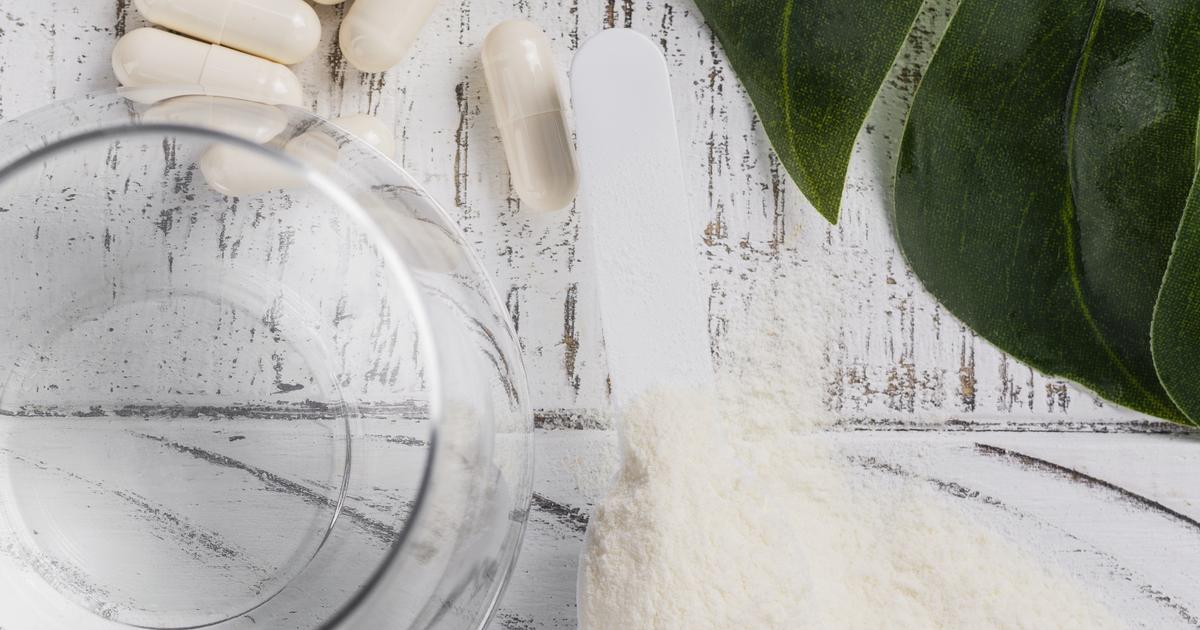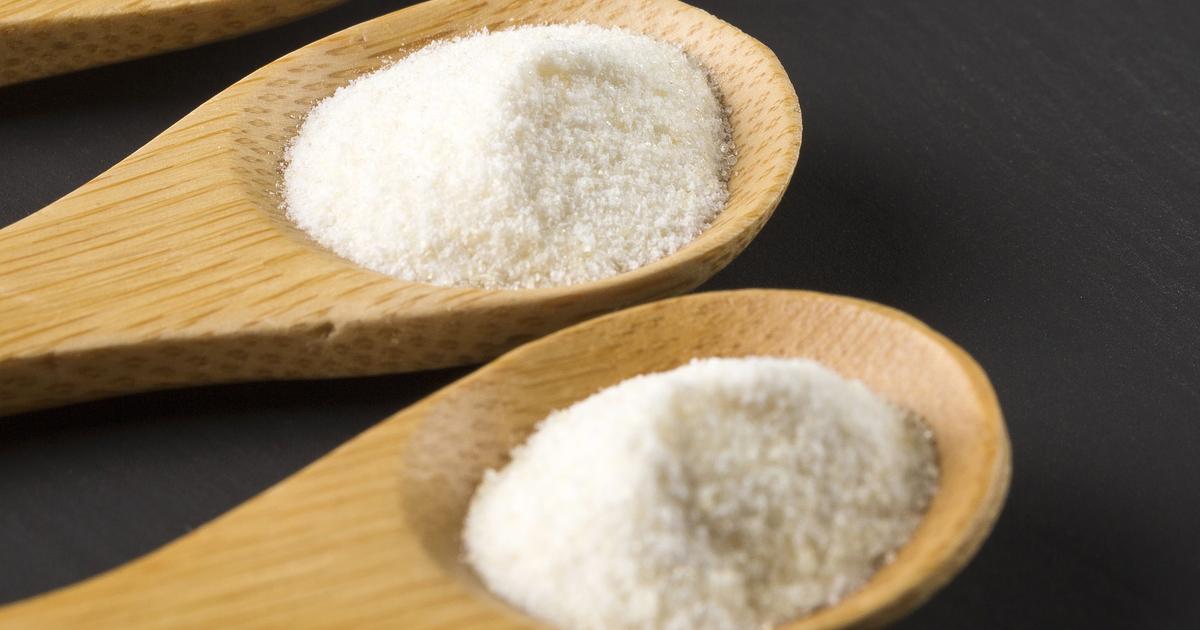What Everyone Should Know About Collagen Peptides
Different Types Of Collagen

Scientists have currently identified over twenty-seven different types of collagen, and the first four are recognized as the most important. All types of collagen help prevent the body's tissues from stretching and sagging, and collagen comprises an estimated twenty-five percent of the total protein within the body. In addition to supporting the skin, it provides strength and structural support for tendons, bones, teeth, and internal organs. Type I collagen is the strongest form, and it helps in the formation of skin, tendons, blood vessel walls, and connective tissues. Type II collagen is a major component of cartilage, the connective tissue that protects joints, and it is also part of the structure of the ear, nose, bronchial tubes, and rib cage. Type III collagen is known as fibrillar collagen, and it is a key component of the skin and the body's major organs. It supports the functional integrity of the cardiac muscle. Other important types of collagen include type V and type X. Type V collagen assists the body in the formation of both cell surfaces and hair, and it is particularly important in the formation of the placenta during pregnancy. Also known as network-forming collagen, type X collagen exists mostly in cartilage, and it is recognized as a reliable marker for new bone growth in the cartilage that cushions joints.
Read about what collagen peptides are next.
What Are Collagen Peptides?

Collagen peptides are a form of collagen that can be easily digested. Also known as collagen hydrolysate and hydrolyzed collagen, these peptides are made through a process called enzymatic hydrolysis. Hydrolysis breaks molecular bonds between collagen and peptides, and the resulting collagen peptides are smaller and lighter than regular collagen. They have a molecular weight of less than five thousand Dalton (5,000 Da), and they are cold soluble, which means they dissolve in cold water. Even if they are exposed to high heat levels, they are very stable and will not become a gel. Although collagen peptides contain a minimum of two amino acids, some formulations could include up to one hundred different amino acids. Collagen peptides are normally taken as dietary supplements, and they are also included in a variety of functional foods.
Get familiar with the differences between collagen and collagen peptides now.
